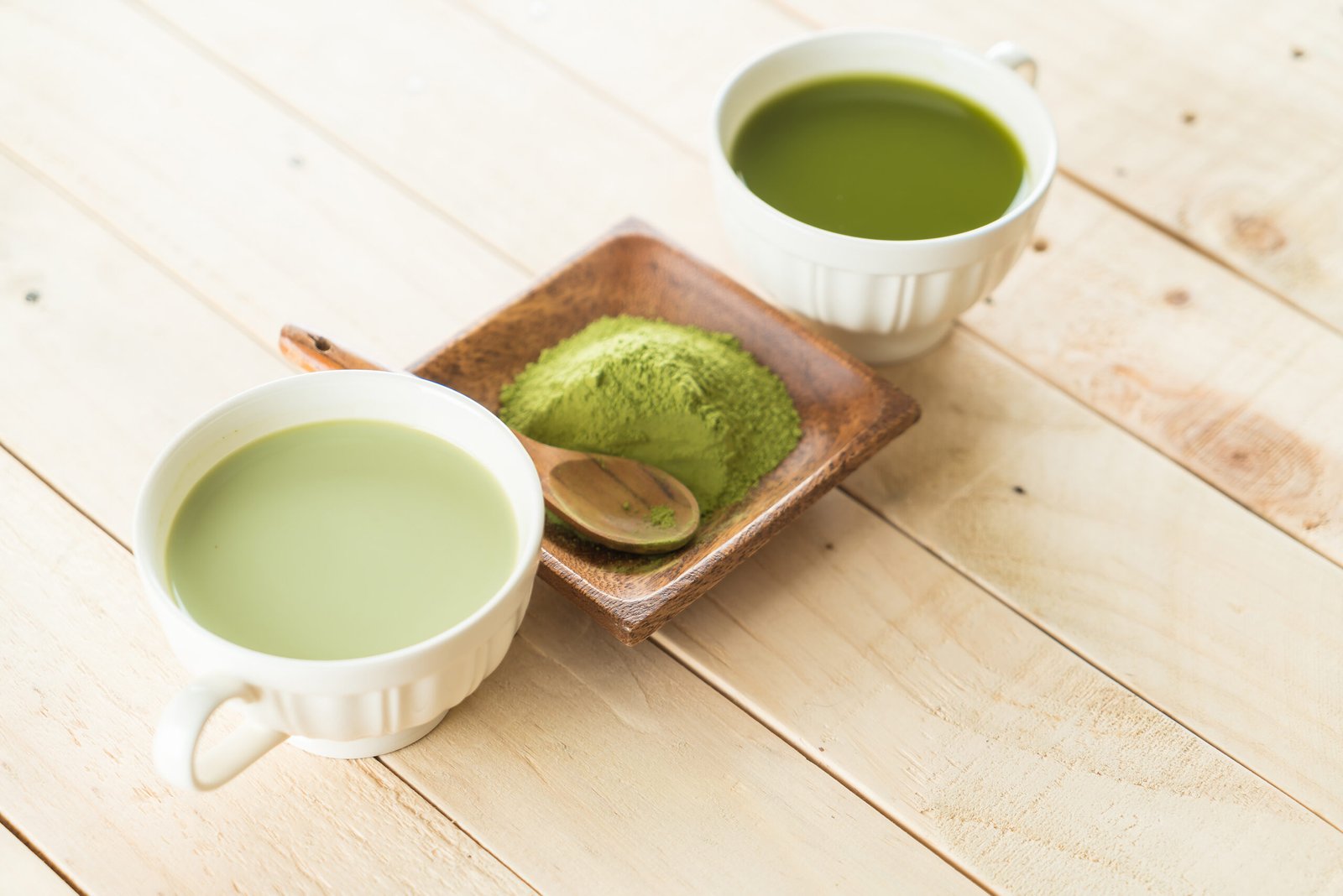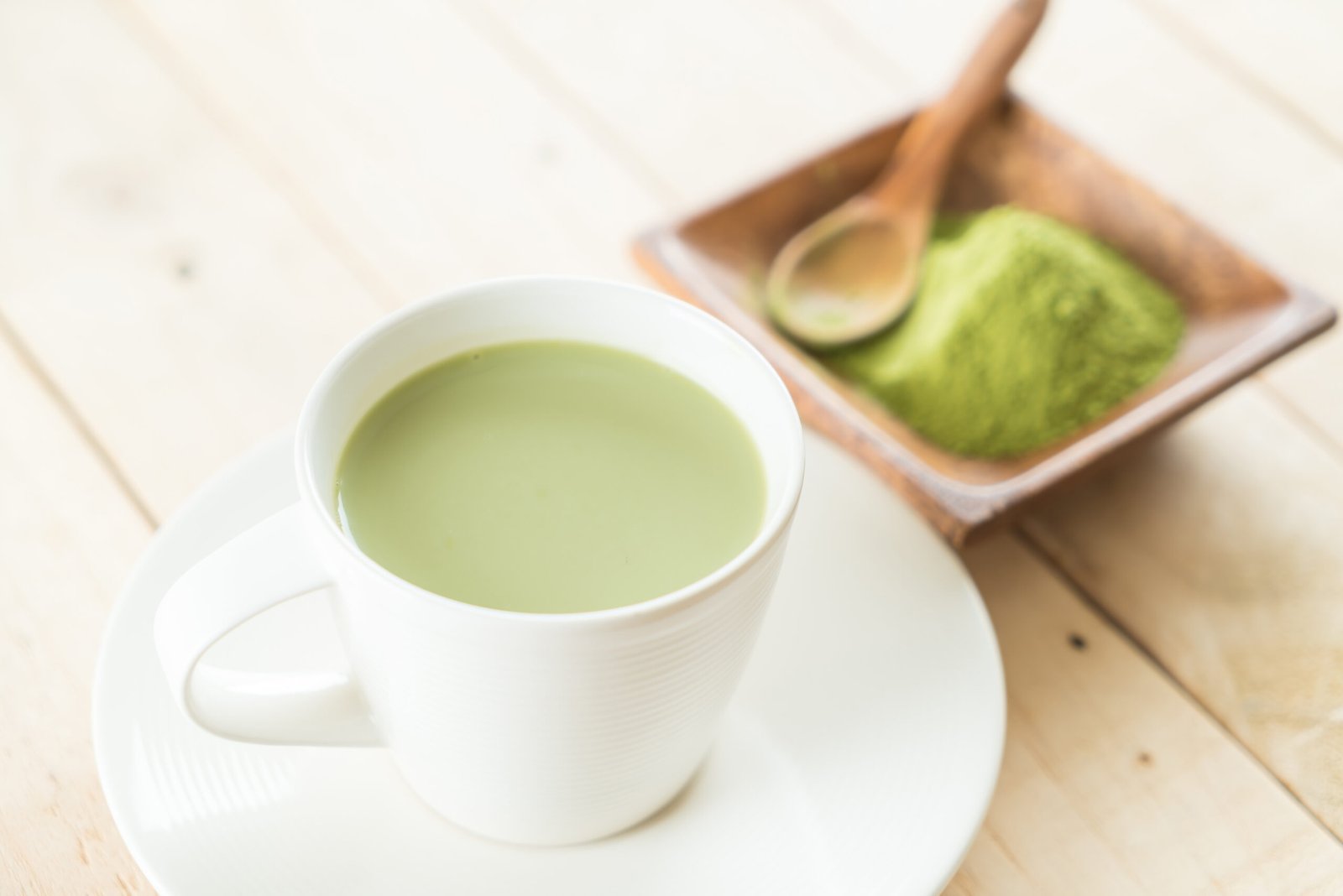What is a Kava Bar? is a rapidly increasing question among many. If you are among these people, you...
Kava Drink is a tropical plant-based beverage derived from Piper methysticum that has been used for centuries by people from the South Pacific instead of alcohol. Despite its popularity, one constant question remains: Is Kava addictive? This query is important because it covers its safety and long-term health effects as well. It is now a recognized natural remedy for anxiety and stress. However, discussing whether it possesses addictive features necessitates analyzing both myths and facts.
Some say that it may develop a dependency. In contrast, others argue that it does not have physical addiction comparable to alcohol or opioid drugs, and this perception goes on and on. But it’s time to end this debate, and this blog will help do it as it discusses numerous aspects attached.
Myths and Facts: The Truth About Is Kava Addictive?
Myths
1. Kava Leads to Physical Dependence
There is a misconception that physical addiction from Kava drinks is comparable to that from alcohol or opioids. The idea stems from the fact that due to its relaxing effect on the body and mind, one might think it could be addictive. This suggests that, unlike with addictive substances, there might be no cravings or withdrawal symptoms associated with it. Even though lactones regulate neurotransmitters associated with relaxation, they might not create physical dependence. Moreover, several researches have shown that people who consume an average of six shells per day over 6 months develop tolerance but not dependence on the substance.
2. It Causes Harmful Health Effects
Kava drinks might cause side effects such as those caused by any other drugs taken over time. Some people are concerned that its relaxation effects could have long-term health consequences similar to alcoholism. Nevertheless, just like excessive liquor intake leads to liver toxicity, among other issues, relying more than a limit might impose risks as well. As a result, moderation and proper usage become vital in significantly reducing risks.
3. Kava’s Relaxing Effects Correlate To Addiction
There is a misconception that the drink is addictive simply because it induces calmness and relaxation. However, it should be noted that the drug does not cause addiction despite its soothing effect on the body, which may make an individual feel relaxed. Additionally, its effects are more similar to those of herbal relaxants than those of addictive substances.
Facts
1. One Might Develop Psychological Dependence
Although it does not cause physical addiction, some people may develop a psychological dependence on it. In this form of dependency, people use it habitually for emotional/mental relief, such as stress reduction and alleviation of anxiety. While it might not be addictive, it negatively impacts an individual’s mental health as consumers may find themselves using the drug frequently, which might be problematic.
2. It Affects Liver Health
It is known that a person’s liver can be injured if they drink excessive amounts of it. Similarly, getting too dependent on Kava might have implications as well. According to some experts, it even damages the liver. Thus, it must be used responsibly and purchased only from reputable vendors. Moreover, individuals must continuously examine their liver functioning to control their usage.
Source: Freepik
3. Kava Drink and Drug Interactions
Healthwise, Kava drinks interact with other drugs, which is a significant concern in public health. They can increase the sedating effects of different medications or interfere with those metabolized by the liver. Apart from increased sleepiness, they might lead to decreased efficiency or other undesired adverse side effects. Therefore, to avoid potential drug interactions and health issues, one needs to consult their doctor before using it together with any other treatment option.
Source: Freepik
Health Implications Of Kava
1. General Health Implications
One of the main problems is that when people consume excessive amounts, it can damage their livers. High or extended use of it has been associated with hepatotoxicity, a potentially fatal condition like hepatitis and liver failure. So, if you wish to experience and use it daily, keep a check on the liver function and additionally seek medical assistance.
2. Mental Health Implications
Relying and drinking too much Kava may result in mood swings, impairments in cognition, or depressive symptoms. Even though it helps to reduce stress and anxiety levels, leaning on it too much as a way to get emotional relief might lead to dependence psychologically, where individuals feel they cannot handle life’s struggles without it. This addiction isn’t what we understand as addiction, but it still affects our overall mental health.
Final Words
Whether Kava is addictive or not raises a point to think about. However, it does not seem physically addictive like alcohol or opioids to most people; hence, it ought to be used cautiously. For example, many myths originate from misunderstandings and misuse rather than scientific evidence. However, its prolonged use may cause liver damage and psychological dependence. Understanding these effects helps users make informed choices.





